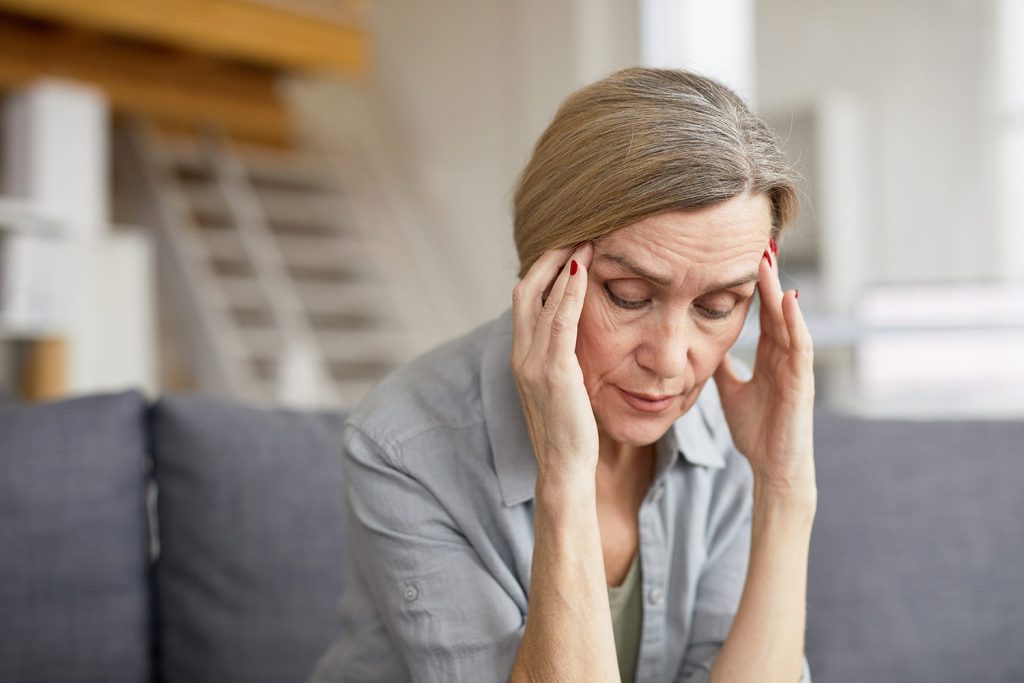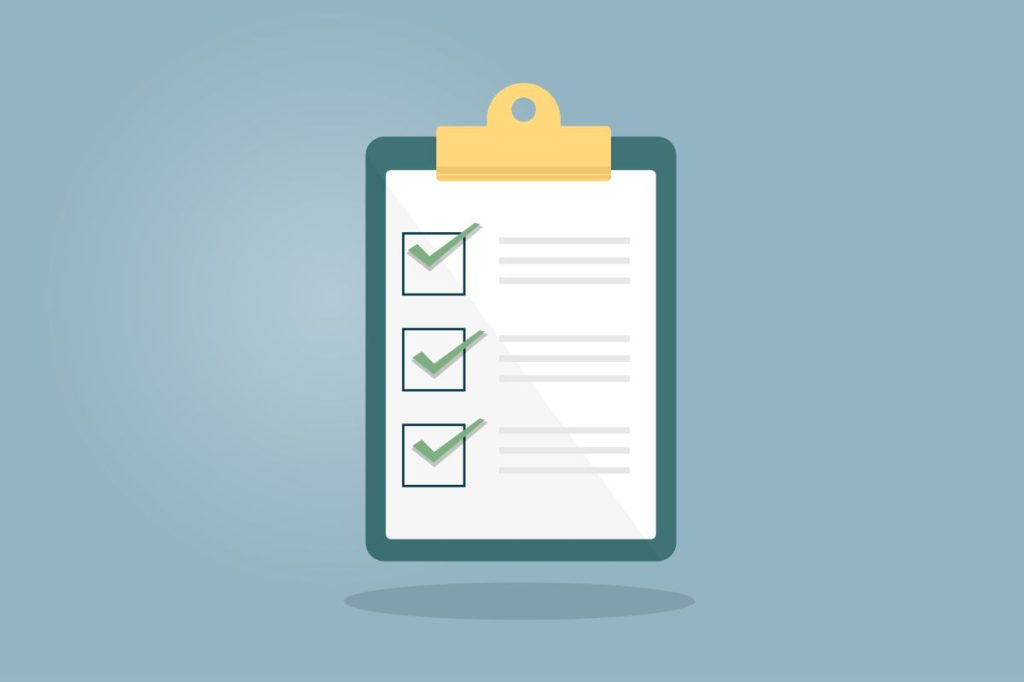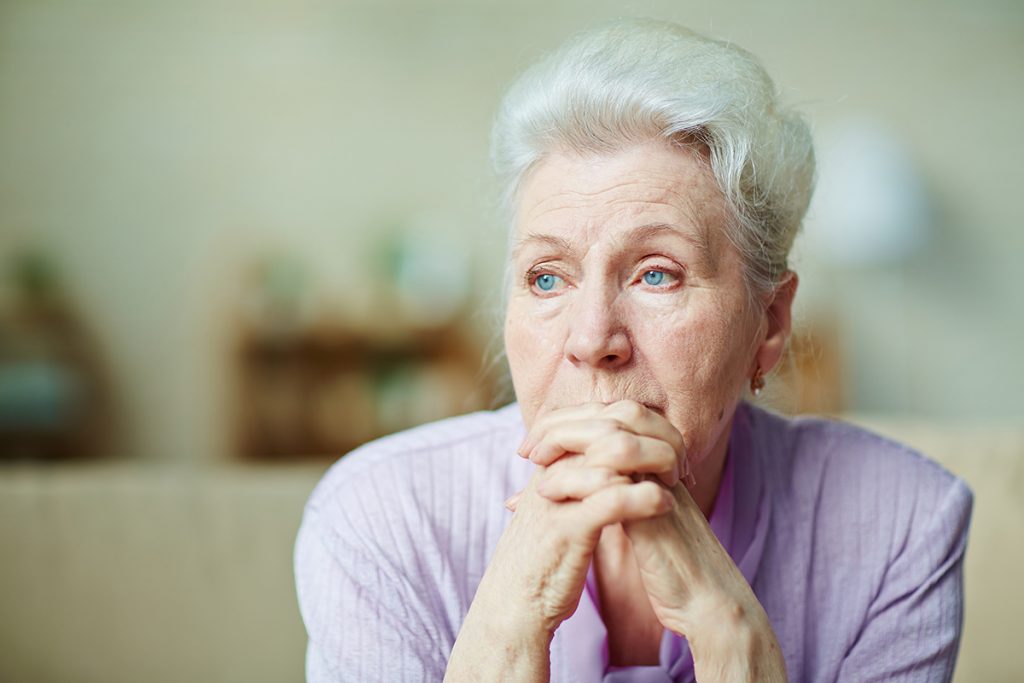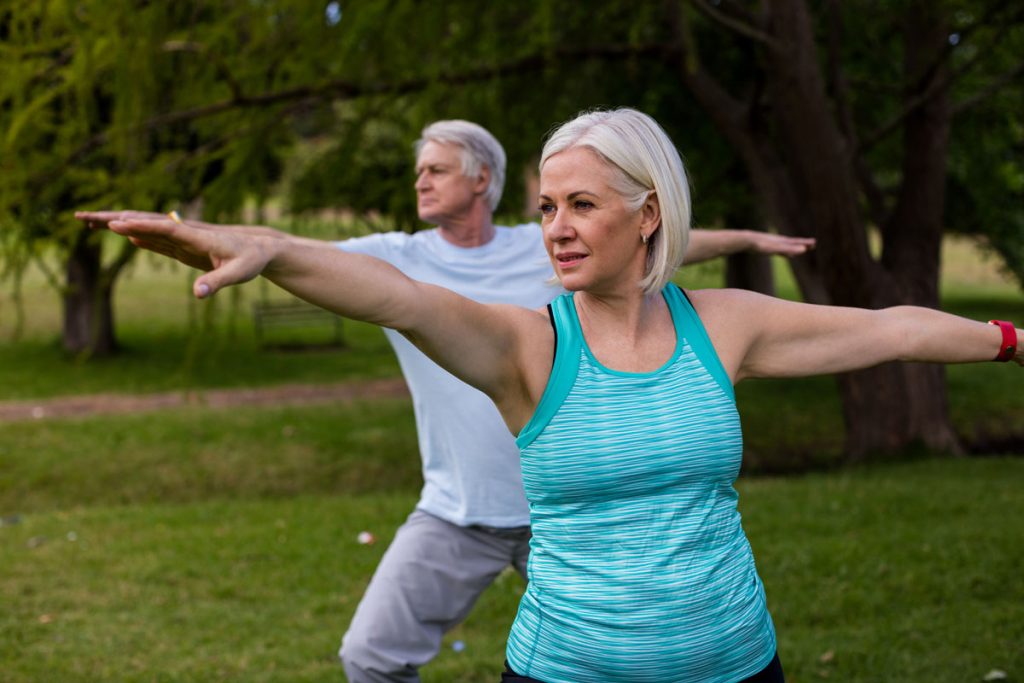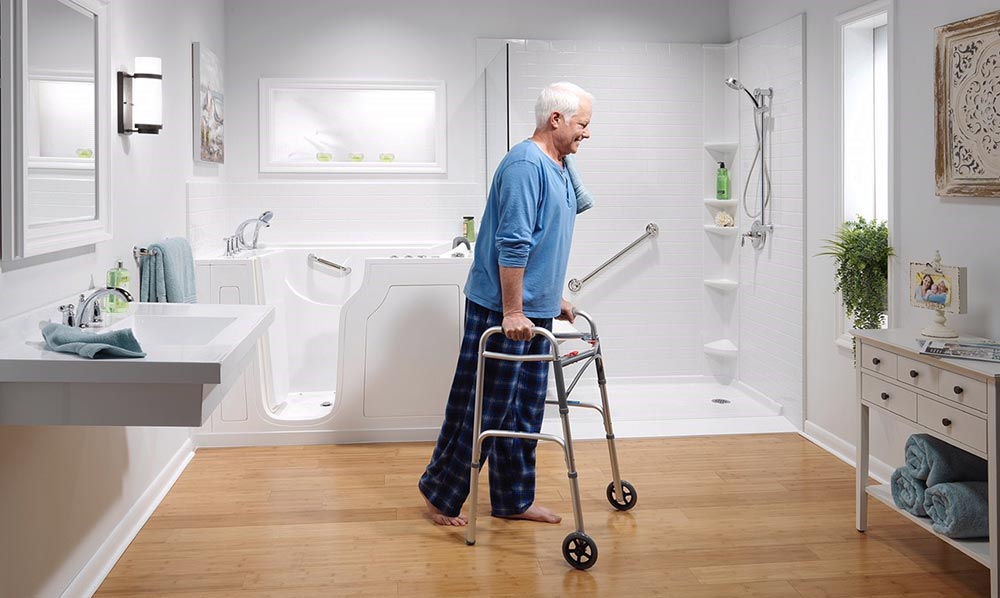Conversations to Have with Your Aging Parents: Creating a Falls-Free World
We often worry about our aging parents’ safety, well-being and even fiscal health, and many adult children find themselves in the sometimes-awkward position of having to bring up these sensitive conversations with aging parents.
Among these concerns, fall prevention may be the hardest to bring up – especially if your parents have chosen to retain their independence by aging in place. Many older adults experience a certain amount of denial about their physical capabilities, which makes it hard to ring up sensitive issues like fall prevention.
Keep reading for some simple ways to broach the conversation with your parents.
Find Support in Family and Friends
This is a tough conversation but a necessary one. Ask your loved one if they are concerned about falling or have taken any spills. Many older adults recognize that falling is a risk but believe it won’t happen to them – even if they’ve already fallen in the past.
If they’re concerned about dizziness, environmental concerns, medications, foot issues or balance, suggest that they talk to a health care provider who can assess their risk and recommend services that can help.
Discuss Current Health Conditions
Are your loved ones experiencing challenges managing their own health? Having problems or concerns about medication management? Forgetting to take their medications?
Things that were once easily doable tasks are now more challenging for them. Make them aware that Medicare offers preventative benefits which they can take advantage of – such as the Annual Wellness visit. Encourage them to speak openly with their health care provider about all their concerns.
Ask About Their Last Vision Exam
If your elderly family member or friend wears glasses, make sure their prescription is current. Many are not aware that using lenses where the tinting changes can cause problems when going from bright sunlight into darkened areas.
Changing glasses upon entry or exit is often helpful to allow time for their lenses to adjust. Those dealing with low vision issues should consult their eye doctor.
Observe Behaviors of Holding onto Walls, Chairs, Tables, etc. for Ambulating Their Environment
These are all signs there might be balance or other related issues which a trained physical therapist could diagnose. Through physical therapy, increased balance, strength and conditioning and reduce fall risk.
Additionally, the physical therapist may recommend walking and/or assistive devices to help keep them safe when transferring sit to stand or being mobile in their home and outside environments.
Have a Conversation About Medications
If your older loved one is having a hard time keeping track of medicines or is experiencing side effects, encourage them to have a conversation with their doctor or pharmacist. Suggest that they have their medications reviewed each time they get a new prescription.
My mom had an elaborate spreadsheet to keep track of her medications and schedules. Adding a timed medication dispenser that my sister refilled each month promoted her peace of mind and allowed us to ensure her adherence to the prescribed regime.
Also, beware of non-prescription medications that contain sleep aids—including painkillers with “PM” in their names. These can lead to balance issues and dizziness. If your older loved one is having sleeping problems, encourage them to talk to their doctor or pharmacist about safer alternatives.
Do A Walk-Through Safety Assessment of Their Home
There are many simple and inexpensive ways to make a home safer. For professional assistance, consult MEASURAbilities Home Safety. Our physical therapist provides free home safety assessments and customized, clinically guided recommendations and installations.
Related Posts



